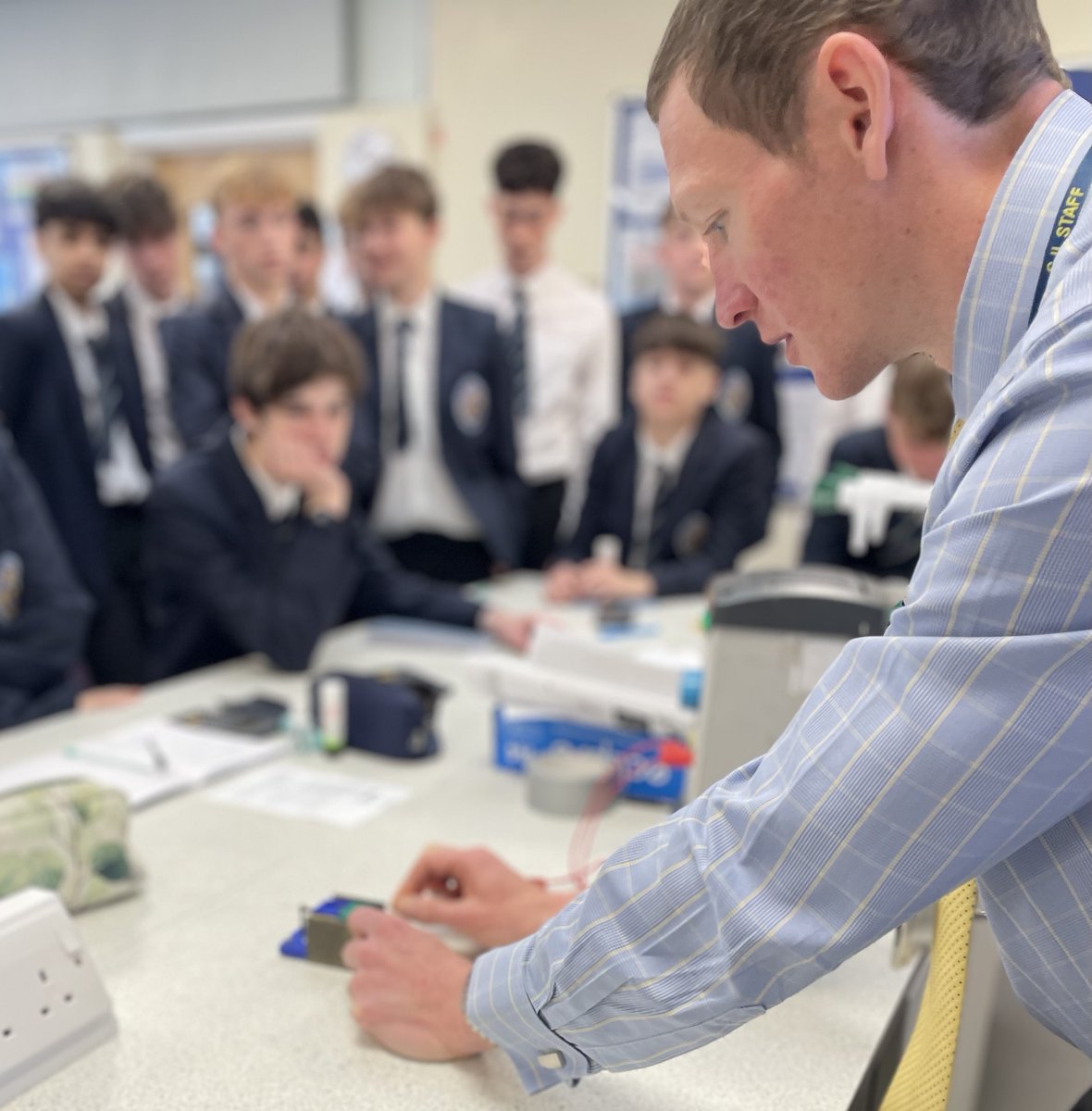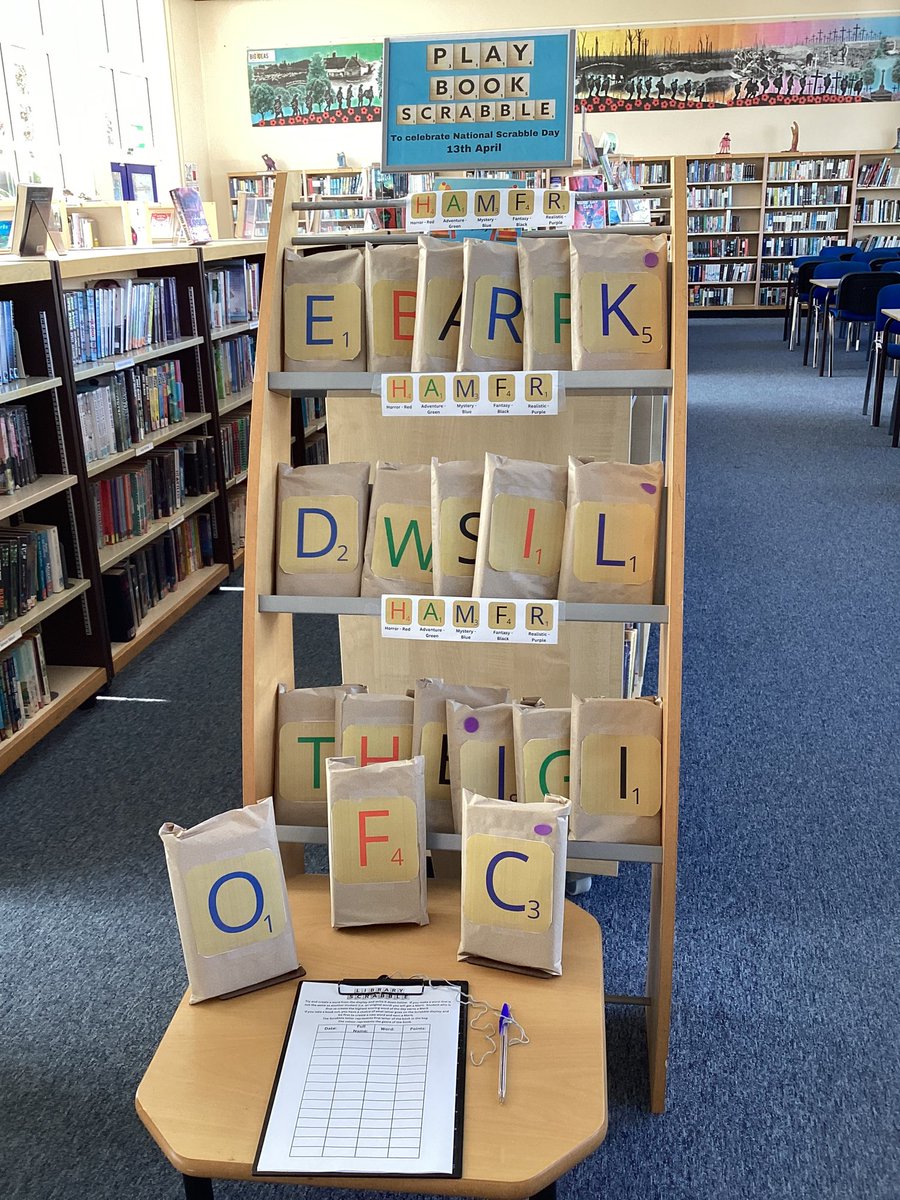Modern Foreign Languages
| About the Faculty |
|---|
|
Modern Languages at Sir John Lawes are taught by a team of language specialists who continually work to improve language provision and attainment. Learning a language is an important skill which not only makes students more employable but also ensures that students are given the opportunity to find out about and appreciate different cultures. How many lessons per week do we teach?
When do you start each language? We teach three languages at Sir John Lawes. French and German are taught from Year 7 onwards, where possible building upon the skills taught by our Primary School colleagues. Students are required to study both languages for two years. In Year 9, students have the option of continuing French and/or German. Spanish is also an option available to all, although it is advisable that only those pupils who have a clear ability to learn a language at an accelerated pace should consider it. Those with a lesser ability would be best suited to one of the 5 year courses (French or German). The faculty staff will advise parents and students carefully during the year 8 options process to help ensure the right language combination is chosen by every pupil. Is a language compulsory at GCSE? Language learning is not compulsory at Key Stage 4 in England, but SJL is proud of its high uptake of at least one GCSE Language by the majority of the students who attend the school. A language (modern or ancient) is a requirement for the English Baccalaureate Qualification. How can I support my child with his/her home learning? Home learning tasks are chosen carefully to ensure that students can complete them without relying on parents or carers at home. More often than not, the answer or source of the information required has been taught in a previous lesson, and therefore a child can complete the task by rereading previous class notes. Parents are strongly advised that online translation software and other non-authorised resources do not help the student to make progress in the subject, and indeed are usually fraught with errors. Please ensure your child does not complete home learning using online translators, as it is Faculty policy to ask students to re-do the work. We do appreciate the help parents can give with learning vocabulary and preparing for assessments. Please feel free to ask your child “what does that word mean?” and go through their books with them. This has an extremely beneficial effect on their overall grade, and a parent needs no ability in the language to be able to get involved in this way. What provision is made for Native Speakers of a Foreign Language? The faculty does not teach other languages apart from French, German and Spanish. Where your child has other language abilities, because they are native speakers at home, you may be able to arrange for private entry examinations in these languages by contacting the School Exams Officer. If your child is a native speaker of French, German or Spanish, and is ready to take a languages examination in Years 7, 8 or 9, we may be able to facilitate this, and parents should contact the Head of Languages as soon as possible to show their interest. Acceptance of an early entry is based on (a) a successful internal assessment of the child’s skills, (b) private payment by parents to cover the costs of the early entry examination, and (c) not choosing the examined language as one of their GCSE options. |
| Curriculum Intent Statement |
|
How are languages taught at SJL? We would like students to have confident understanding of the topic areas and skills outlined in the curriculum map and the schemes of work. The Scheme of Work has been created through collaboration within the Faculty focusing more on depth of the curriculum as opposed to the breadth of the curriculum. There are many opportunities for spaced interleaving with knowledge being built on prior learning. Within KS3 there is an emphasis on core knowledge such as knowledge of phonics, genders, tenses and high frequency vocabulary. Where possible the curriculum will be context dependent with an emphasis on the culture of the target language country. |
Key Stage 3 Curriculum
Key Stage 4 Curriculum
As part of the GCSE in Modern Foreign Languages students may choose from French, German or Spanish or a combination of all three.
What is involved?
The AQA GCSE syllabus in Modern Languages involves the study of topics dealing with everyday situations in France, Germany or Spain as well as issues which are important to young people for example Home Life, School and Hobbies. The course builds on the work students have already completed at Key Stage 3. New topics and grammatical structures will be covered to prepare for examinations in the four skills: Listening, Speaking, Reading and Writing.
Students will be asked to revise grammar thoroughly and learn vocabulary every week during the planned homework. In addition to this, students are encouraged to learn for themselves, using a variety of resources made available to them through the school library, online or handed out in class.
Each skill is equally weighted (25%) and there are terminal examinations in all four skills.
Students have the chance to practise speaking skills with Assistants from the target countries, and the opportunity to take part in Exchange programmes or trips to France, Germany or Spain during the two year course.
In Year 11 students sit a ‘mock’ examination in all four skills before the final examinations in May and June.
Fast Track Spanish
Spanish is offered as a full GCSE course, delivered over 3 years, starting in year 9 and ending in year 11. The option is available to all, although it is advisable that only those pupils who have a clear ability to learn a language at an accelerated pace should consider it. Those with a lesser ability would be best suited to one of the 5 year courses (French or German). The faculty staff will advise parents and students carefully during the year 8 options process to help ensure the right language combination is chosen by every pupil.
Course books
We currently follow the following courses at KS4:
- French: Studio by Pearson
- German: Stimmt by Pearson
- Spanish: Viva by Pearson
We also recommend that all pupils purchase for themselves a vocabulary reference book, published by CGP and a grammar work book. These are normally available through the school shop.
Subject French, German or Spanish
Examination Board AQA
Tiers of entry possible: Foundation and Higher (candidates must be entered for the same tier in all four units below)
Percentage of marks for the 4 units:
- Unit 1 Listening 25%
- Unit 2 Reading 25%
- Unit 3 Speaking 25%
- Unit 4 Writing 25%
Number and duration of final examination papers: 3 papers and 1 speaking exam
Key Stage 5 Curriculum
| French |
|---|
Board: AQA (7652T)
If you want to broaden your horizons and are fascinated by foreign countries, cultures and communication, then this course is for you. This course does not only provide you with the skills to be able to converse in that language, it shows your calibre as a learner, a multitasker, a communicator and strategic thinker, all of which are highly sought-after traits in the employment market.
A higher level qualification is an enormous asset for university applications of any discipline. It is also great fun and offers plenty of challenge. Language-qualified people are becoming increasingly rare in British society, so a French A Level can really make you stand out. Language skills can lead directly into a career in translating, interpreting or teaching, and are also in demand in areas such as hospitality, law, publishing and business services. Modern languages degrees typically involve spending a year abroad and this can be an opportunity to find work in a field that interests you and gain relevant experience. Many big graduate employers are multinational organisations and are keen to recruit candidates who are willing to work overseas and can liaise effectively with international colleagues.
You will be intellectually challenged, taught in friendly and supportive groups and have the opportunity to study more mature and interesting topics such as the rights of young people, immigration and media among others. You will meet with the language assistant to discuss themes within each topic area using authentic materials and will be expected to engage in independent study.
The A Level course goes excellently alongside other A Level options.
Assessment
The whole two-year course is assessed at the end of Year 13. You will be assessed by sitting a reading, listening and writing paper in June and during a speaking assessment with your class teacher, in May.
Course content
- Reading – you will understand and extract information from the authentic sources such as magazines and newspapers.
- Listening – you will extract information from sources such as new reports, interviews and discussions.
- Speaking and Writing – you will write essays and hold conversations and discussions in French. You will develop your expertise in French grammar.
- Cultural Aspects – You will explore aspects of French culture, which will include studying a book and a film. You will also discuss matters arising in the French news and explore issues affecting French society.
Entry requirements
Students studying A Level French would be expected to gain a grade 6 or above in GCSE French, as well as an APS of 4.5 or above.
| German |
|---|
Board: AQA (7662)
If you want to broaden your horizons and are fascinated by foreign countries, cultures and communication, then this course is for you. This course does not only provide you with the skills to be able to converse in that language, it shows your calibre as a learner, a multitasker, a communicator and strategic thinker, all of which are highly sought-after traits in the employment market.
A higher level qualification is an enormous asset for university applications of any discipline. It is also great fun and offers plenty of challenge. Language-qualified people are becoming increasingly rare in British society, so a German A Level can really make you stand out. Language skills can lead directly into a career in translating, interpreting or teaching, and are also in demand in areas such as hospitality, law, publishing and business services. Modern languages degrees typically involve spending a year abroad and this can be an opportunity to find work in a field that interests you and gain relevant experience. Many big graduate employers are multinational organisations and are keen to recruit candidates who are willing to work overseas and can liaise effectively with international colleagues.
You will be intellectually challenged, taught in friendly and supportive groups and have the opportunity to study more mature and interesting topics such as the rights of young people, immigration and media among others. You will meet with the language assistant to discuss themes within each topic area using authentic materials and will be expected to engage in independent study.
The A Level course goes excellently alongside other A Level options.
Assessment
The whole two-year course is assessed at the end of year 13. You will be assessed by sitting a reading, listening and writing paper in June and during a speaking assessment with your class teacher, in May.
Course content
- Reading – you will understand and extract information from the authentic sources such as magazines and newspapers.
- Listening – you will extract information from sources such as new reports, interviews and discussions.
- Speaking and Writing – you will write essays and hold conversations and discussions in German. You will develop your expertise in German grammar.
- Cultural Aspects – You will explore aspects of German culture, which will include studying a book and a film. You will also discuss matters arising in the German news and explore issues affecting German society.
Entry requirements
Students studying A Level German would be expected to gain a grade 6 or above in GCSE German, as well as an APS of 4.5 or above.
| Spanish |
|---|
Consortium subject: Roundwood Park School
Board: AQA (7692)
The importance of Modern Languages in our society cannot be overstated, especially in view of the increasingly globalised economy and workplace. There is a wide variety of career opportunities available to students of a foreign language, either in the category of those directly using languages or, increasingly, where a foreign language is an additional required skill – for example in accountancy, law, insurance, marketing, banking, tourism and PA work.
Assessment
- Paper 1 – Listening and Reading – based on topics covered (40% of A Level)
- Paper 2 – Writing – analysis of a Spanish film & novel studied (30% of A Level)
- Paper 3 – Speaking exam – discussion and conversation (30% of A Level)
A visit to a Spanish speaking country or taking part in an exchange during your study is advisable
Students can also organise work experience abroad
Course content
The course aims to:
- Develop your understanding of written and spoken forms of Spanish in a variety of styles.
- Encourage you to communicate confidently, clearly and effectively in Spanish using increasingly accurate and complex language.
- Help you to develop critical insights into, and contact with, the contemporary society, cultural background and other countries where Spanish is spoken.
- Provide you with a suitable foundation for further study of Spanish as well as a highly regarded course.
Entry requirements
We would expect you to achieve a grade 6 or above in GCSE Spanish, as well as an APS of 4.5 or above.
Marking Policy
Extended Curriculum
What extra-curricular activities are offered?
The provision changes slightly from year to year, but the list below is a representation of what we aim to offer each year.
Trips
- Year 7 Residential trip to France
- Year 8 Residential trip to Germany
- Year 9, 10 and 12 German Exchange
- Year 9, 10 Spanish Trip
- Year 10 French Trip
Extended curriculum
- Language Badge Award – students can gain a languages badge in French, German and Spanish by completing an extension booklet covering a wider range of topics such as finding out about the culture, researching and baking a French, German or Spanish recipe
- Language Plays – Onatti productions perform plays in French, German and Spanish
- Year 10 visit to SJL from a Belgian school – students from a Belgian school visit Year 10 students to exchange cultural knowledge and language
- Celebrating European Day of Languages – in school activities taking place during the week and the day
- International film evenings - after school film club exploring cinema from France, Germany and Spanish speaking countries
- Taking part in national competitions
- Using material from the Goethe Institut within lesson times
- Sixth Form students also run a French Club for students in a local primary school
What extra support is given to More Able Students?
The faculty has a range of resources to help meet the needs of linguistically gifted and talented children. A separate overview document is available on request to the Head of Faculty.
Are languages taught to students with Special Educational Needs?
It is our belief that all students, regardless of their ability, have the capability of doing well in a foreign language. We do not disapply pupils from languages because of low literacy in English, dyslexia, auditory difficulties, or any other physical or learning disability. In rare cases, the Head of Languages and the Head of Learning Support may agree that some language lessons are used to support a child in their existing learning needs, but these cases are rare and are avoided wherever possible.
What books and materials are used by my child in language lessons?
Students are issued with an exercise book, a rough book and a vocabulary book.

























